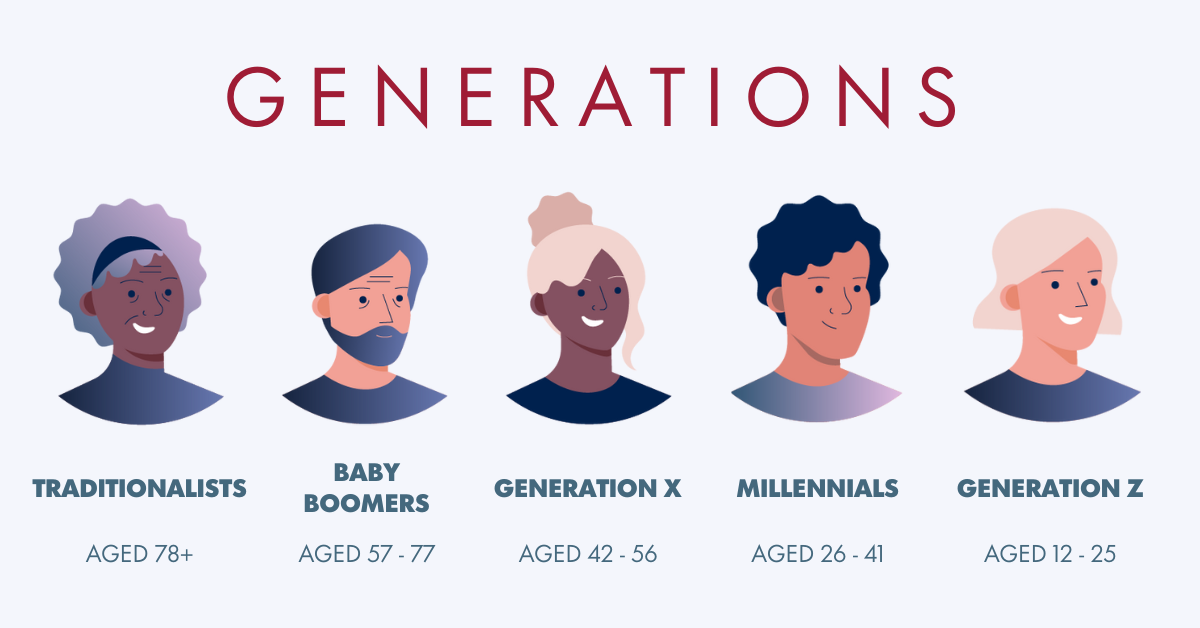If feels like every day now, news headlines about the war for talent fill our screens and inboxes – “The war for talent: how businesses can get, and stay ahead”, “In the war for talent, executives say flexibility is key” and “War for talent requires tactics as much as strategy” – it’s exhausting. However, given the U.S. is seeing record numbers for both people quitting their jobs and job openings, it’s also pretty accurate.
And for employers, it presents a dual challenge. On the one hand, they need to fill open roles in an extremely competitive market with escalating compensation and benefits. On the other hand, they need to retain existing employees that are likely to receive multiple inquiries from recruiters or friends or former colleagues at other companies enticing them to make a switch.
As everyone in marketing knows, keeping an existing customer is easier and more cost-effective than finding a new one. In HR, it costs at least 1.5 times the salary of a departing employee to replace them. And that does not even cover intangibles like lost institutional knowledge, lower employee morale and the potential follow-on impact of that employee convincing others to join them at a new company, or even worse, a competitor.
That said, the pandemic and move to hybrid and remote work has certainly started to shift what is most important to employees. Interviews have moved away from being solely looked at from the employer’s perspective, focusing on a candidate’s qualifications and experience. Now, they give the candidate a chance to assess whether an employer can provide them with what they need – certainly in compensation and benefits, but also culture, work/life balance, community engagement and more.
In fact, many companies are trying to avoid escalating salary wars and shift to competing on “employee experience” or finding potential employees in new regions, types of schools or with certain skills that can be further trained. A recent example is PwC, which announced its $2.4 billion “My+” program for employees to build “personalized careers, from choosing the types of assignments they work on, to the hours they work, to where they work and the benefits they need.”
As entrepreneurs who built a company that ended up hiring well over a thousand people over the years, we’ve seen the distraction – and negative business impact – the hamster wheel that recruitment and retention can be for companies. Of course, company culture, flexible work environments, benefits and other aspects of jobs are all critical, but we saw a missing piece – retention opportunity in the form of compensation.
With Keep, companies can now add KeepTM Vesting Cash Plans to their candidate offers to make them stand out in the crowded market. More importantly, companies can proactively recognize the contributions and value of individual employees to their business with a Keep plan that puts an employee’s needs first by offering them cash upfront, while at the same time retaining the employee as that cash vests and is forgiven, all while achieving an organization’s business goals. Both you and your employees win.
Your people ARE your business, let us help you Keep them!
—
Rob Frohwein is the CEO of Keep Financial, a technology company revolutionizing compensation to enhance recruiting and retention – aligning compensation with business objectives, ROI, and performance.





